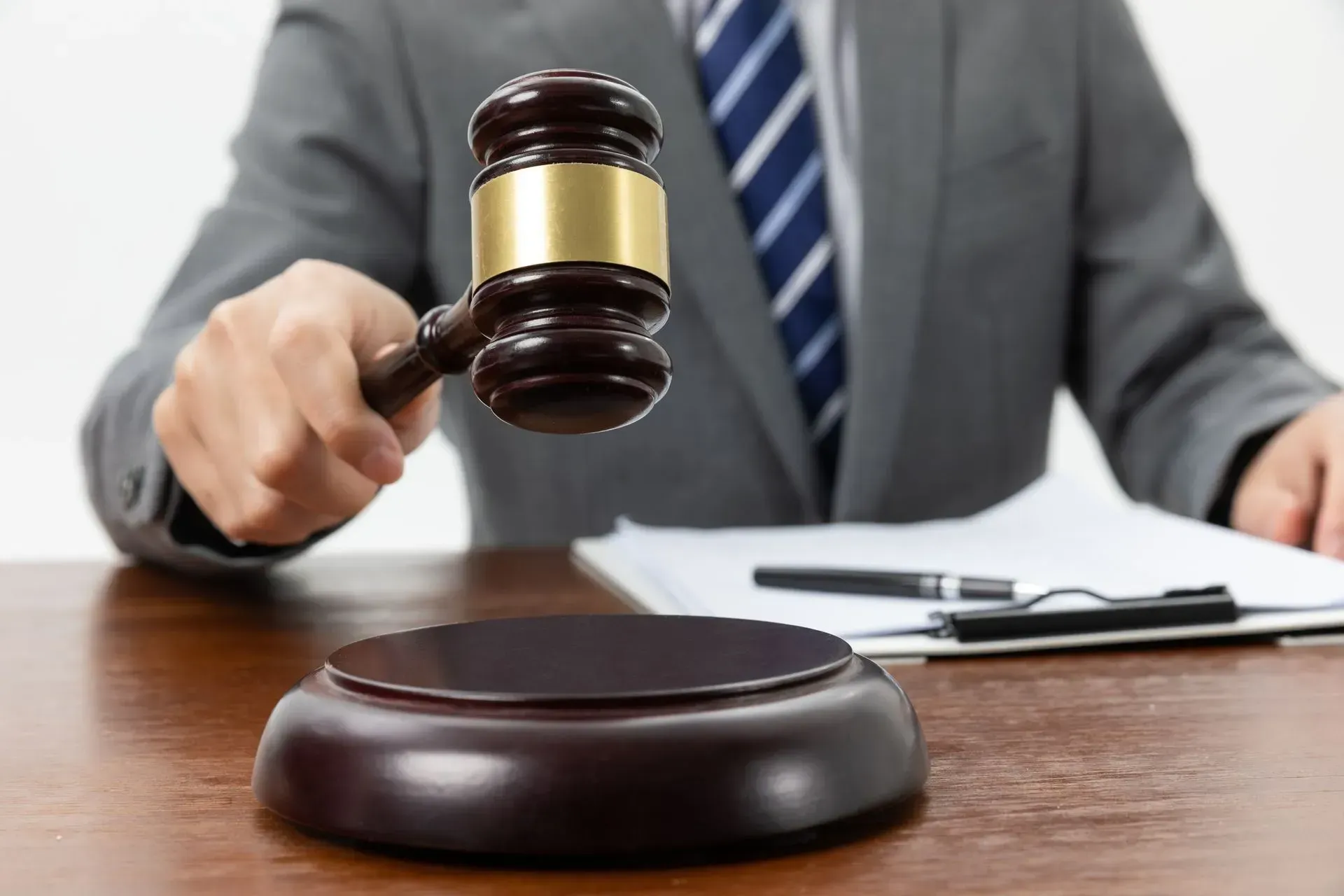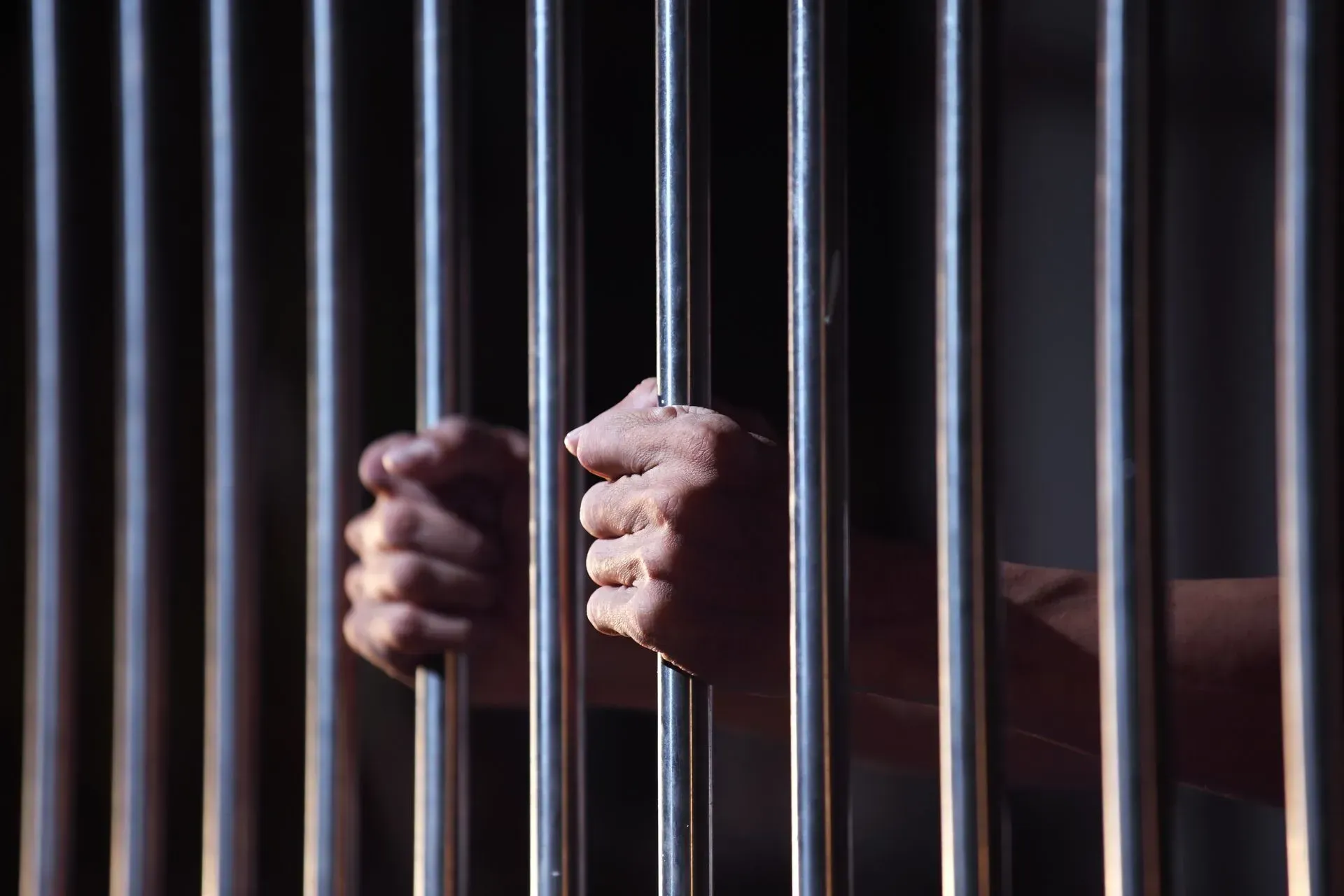Call Us Today
Is There Double Jeopardy Law in the ACT?
The rule against Double Jeopardy in the ACT is a complex matter that requires careful consideration. Thus, those charged with an offence should understand their rights and obligations before making any decisions related to their case.
If you have been charged with a criminal offence, it is best to seek professional legal advice from a criminal lawyer in Canberra to ensure your legal rights are protected and that you are fully informed of the laws applicable in the ACT. This could involve presenting a defense of double jeopardy or seeking to reduce charges that go against the principles of double jeopardy.

Image by wirestock on Freepik
To help you understand more of this area, this article will discuss the law against double jeopardy, how it works in the Australian legal system, and how it affects those accused of crimes in the Australian Capital Territory. Read on to know more.
Do we have double jeopardy in Australia?
While the Double Jeopardy Rule exists in Australia, the application of double jeopardy laws can vary between states and territories. In the Australian Capital Territory, we have a Human Rights Act 2004 that covers double jeopardy. Under Section 24 of this act, a person has the right to not be tried more than once for the same offence where he or she has been finally convicted.
Other states and territories, such as New South Wales and Victoria, also have similar laws in place to protect the individual from double jeopardy. However, there may be some exceptions to their general rule depending on each state.
What is the double jeopardy rule?
The Double Jeopardy Rule is a rule that prevents an acquitted person from being retried for a crime for which he or she has already been finally convicted. Technically, it protects the acquitted person from being punished or prosecuted more than once for the same offence. Based on the principle of fairness, the Double Jeopardy Rule aims to prevent abuse in the criminal justice system by prohibiting the harassment of individuals through repeated prosecutions.
This rule applies to all levels of criminal offence, regardless of their gravity. Furthermore, it might also apply to penalties and criminal proceedings labelled as civil or administrative in the ACT legislation when their nature or intensity is deemed criminal in the context of human rights law.

What are the exceptions to the double jeopardy rule?
In general, the common law rule against double jeopardy states that if a person is tried and found guilty of a crime or acquitted after being indicted for a particular criminal offence, then the person cannot be charged with that same crime again. However, if the crime committed was murder, and there is fresh and compelling evidence that can prove that the person actually committed the crime, the double jeopardy principle will not be applied to his or her case.
Depending on the state or territory, exceptions to the rules against double jeopardy may vary slightly. Excluding the Australian Capital Territory and the Northern Territory, other jurisdictions in Australia have recently implemented legislative amendments to limit the extent of the double jeopardy rule.
In cases where 'fresh and compelling evidence' emerges, the acquitted person can face a second prosecution for the same offence using the same facts. Particularly in Victoria, a second prosecution may also be initiated if an acquittal is found to be 'tainted' due to factors like perjury, corruption, or interference with the course of justice.
How does double jeopardy work?
In the Australian Capital Territory (ACT), the double jeopardy principle simply works by giving an individual the right to be protected from being tried or sentenced for an offence for which he or she has already been convicted.
The rule against double jeopardy also states that if an acquitted person has been proven with a not guilty verdict, then no further criminal proceedings or legal actions can be pursued against him or her.
What is the double jeopardy in Victoria?
Under Section 26 of the Charter of Human Rights and Responsibilities in Victoria, the right to protection against double jeopardy ensures that no individual can be tried or convicted for the same offence twice. However, there are also some exceptions to this rule. Under the Crimes (Double Jeopardy) Act 2011, the exceptions permit retrials in certain circumstances, such as:
- when compelling new evidence becomes available
- if the first acquittal was compromised by offences related to the administration of justice such as fraud, perjury, or bribery
What is an example of a double jeopardy case?
The R v Carroll Case is the most popular double jeopardy case in Australia. In this case, Carroll was charged with the murder of a toddler, Deidre Kennedy. In 1985, the Supreme Court of Queensland (Court of Appeal) reviewed Carroll's case and determined that the conviction should be overturned. Despite a careful examination of the evidence presented by the prosecution, the appeal judges concluded that there was not enough evidence beyond a reasonable doubt to establish that the accused person has been found guilty. Hence, Carroll was acquitted, and the case was withdrawn.

Image by rawpixel.com on Freepik
However, in 1999, Carroll faced perjury charges by allegedly providing false testimony during his murder trial. When asked, "Did you kill Deidre Kennedy?" Carroll responded, "I did not." Due to this statement, the jury was convinced that Carroll's response presented new evidence, which ultimately found Carroll guilty.
Carroll filed another appeal, and after examining the evidence, the Court of Appeal determined that the perjury trial should have been halted due to an abuse of the criminal justice process. This was because the rule against 'double jeopardy' had been significantly violated. In this case, the perjury trial was seen as an effort by the prosecution to challenge the murder acquittal by revisiting the same issues. This leads the Court of Appeal to consider the jury's verdict as 'unsafe and unsatisfactory'.
Thus, the R v Carroll case highlights the importance of understanding the 'double jeopardy' principle that no individual can be retried with the same offence twice.
What are the exceptions to double jeopardy in Queensland?
In other Australian states such as Queensland, there are also some exceptions when it comes to the rules against double jeopardy. The Queensland Criminal Code Amendment Act 2007 is an act that introduces specific exceptions to the traditional rules of double jeopardy, which protects individuals from being tried or punished for the same offence once they have been acquitted or convicted under the law and penal procedure.
The purpose of this amendment is to allow the acquitted person to make second prosecution appeals in cases where fresh and compelling evidence surfaces, or when the first trial was tainted due to some kind of legal irregularities.
According to the amendment, 'fresh and compelling evidence' refers to
- evidence that was not presented or introduced during the legal proceedings in which an individual was acquitted
- evidence could not have been reasonably introduced or brought forward during the trial or hearing that led to the person's acquittal
- evidence that is reliable and substantial
- evidence is highly relevant and persuasive in establishing a strong case against the acquitted person
While the Act mainly targets severe offences like murder, it can also apply to other offences under specific circumstances.
Why did Australia water down its double jeopardy laws?
In the 2001 R v Carroll case, the High Court ruled that the double jeopardy principle should still be applied even when an acquittal was directly achieved through perjury. This criminal case has pushed the change in Australia to water down its laws regarding double jeopardy. The findings of the case affirmed the importance of double jeopardy as a fundamental principle in the criminal justice system. However, it did not stop there. Although the legal options for the case have reached their limit, the emotional impact within the community continued.
Due to significant public pressure, the Council of Australian Governments (COAG) finally released plans to amend the law, prompting the reform of the double jeopardy rule throughout Australia. However, the Australian Capital Territory (ACT) and Victoria were the only two states to refuse to sign.
But after nine years, the ACT has introduced exceptions to the law, allowing for the retrial of serious offences that carry life imprisonment sentences such as murder if fresh and compelling evidence emerges. Despite this ground-breaking shift, the debate surrounding issues related to the retrospective criminal law is ongoing in other various parts of Australia.
Takeaway
The rule against Double Jeopardy in the Australian Capital Territory as well as in other states gives the accused person the right to be protected against trial by the same offence and prevents him or her from possible life imprisonment. Furthermore, it supports the protection of civil and political rights in all criminal proceedings, ensuring that all defendants undergo a fair trial.
While this rule can be seen as favourable in safeguarding the rights of every acquitted person while assuring that the criminal justice system does not abuse its power, it can also be seen as a hindrance in ensuring that justice is served. One particular concern is the possibility of acquitting a person who is actually guilty of a crime. Regardless if new evidence is found, the government would not allow a second trial for the same offense, which means that if the accused person was guilty, he or she can walk freely and avoid punishment.
In any case, debates surrounding this issue are still prevalent in various parts of Australia as it is evident that this is a complex legal matter that requires ongoing discussions before any further decisions can be finalised.




















